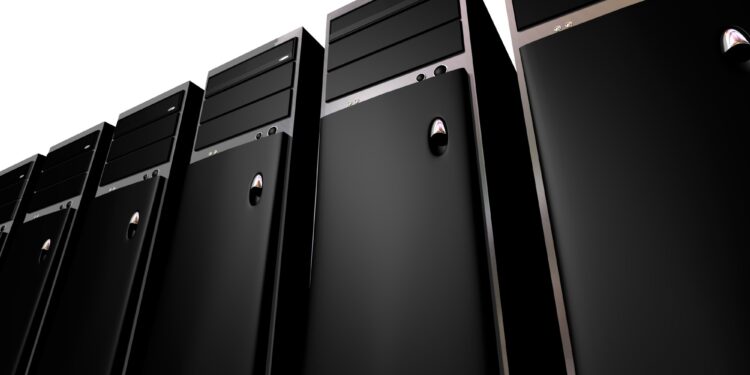Businesses have several choices for storing their digital files. Traditionally, companies stored their information in-house on company-owned and managed servers. With more employees working remotely and limitations on in-house servers, enterprises turned to cloud storage.
Another option is colocation, where businesses rent data-storage space and network equipment from third-party servers. Colocation servers exist in off-site data centers where organizations rent private cabinet space within those high-tech centers.
Colocation in Business
Like other data storage options, colocation has pros and cons. Colocation offers storage solutions for businesses of all sizes without having to build and maintain on-site facilities.
Businesses that select colocation won’t need to purchase servers, but they will need peripherals like cross-connection cables to exchange data within the organization’s cabinet.
Protection, Capability, and Reliability
In a colocation facility, data gets housed in a safe and reliable data center. These facilities offer backup power sources to prevent data loss. Most have robust cybersecurity protection, too. Monthly rent helps pay for systems that keep the servers powered, cooled, and protected.
As a dedicated data center, the servers have in-person and online security. Part of the rental package should include physical access to the organization’s rented cabinet but with complex security protocols. Server cabinets should only be accessible to the representatives of the business that rents them.
The robust security protocols should include video monitoring, private suites, and ample fire detection and suppression methods. Renters should have strong network protections on their systems to enhance the security systems like firewalls and authorization protocols at the data center.
Colocation data centers also maintain capability by tracking bandwidth use. Their IT experts monitor data spikes and bandwidth usage to better serve customers. Data centers design their systems to be flexible so IT professionals can direct bandwidth resources where and when they are needed to keep customer costs as low as possible.
Expert Staff and Customer Service
Colocation providers should have experienced IT staff ready to help when needed. They should know how to use the equipment in the center and help your team access your data. Customer service teams should be available if you need troubleshooting or customer account help.
As many businesses and organizations rely on one colocation data center, IT staff should be available and on-site 24/7. Many colocation centers have third-party organizations that monitor server performance, then address problems with the on-site IT staff.
Data Center Maintenance
A significant issue with on-site servers involves maintaining a clean room, especially one that is temperature-controlled and dust-free. Professional data centers don’t have to worry about meeting climate needs for employees, as the focus is on the servers.
Colocation centers have cooling systems designed for servers, not for people. The centers also have better control over their filtration systems to keep server rooms free of dust and other potential contaminants.
Scalability and Growth
Colocation data centers give businesses the ability to scale affordably. Organizations that house their servers need to invest in more equipment like cross-connection cabling, cooling systems, and other peripherals. When businesses choose colocation, they can scale by renting more space.
When businesses need to grow their data storage, they don’t have to shut down to upgrade their systems. Instead, they pay for the additional bandwidth. If they need to downsize, businesses request less space and a lower rental payment.
Paying more rent for additional data storage lets businesses focus on other growth needs. Not needing to pay for expensive IT equipment frees money for more hiring, marketing, and inventory.
Speedy and Reliable Internet Service
Companies that rely on colocation servers have access to several internet service providers. So when one has connectivity issues, the colocation facilities can direct traffic elsewhere. As a result, businesses can stay open and don’t have to worry about slow internet service.
Data centers have redundant network connections to protect all applications. With so many redundancies, businesses never have to worry about their websites going down or employees not having access to the apps and tools they need.
Having access to several internet service providers improves risk management for organizations borrowing space at colocation data centers. With so much backup and security, colocation centers offer more protection for their critical equipment and secure data.
Premium reliability also includes backup power. If the power goes out, so does the company’s server. Data centers have generators, access to several power grids, and battery backup procedures to avoid this problem. They will have power, even if the rest of the area does not.
Businesses with on-site servers must pay for maintenance and repairs. They are on the hook if something goes wrong. Colocation servers must provide the services they promise, so they are responsible for maintenance and repairs, helping businesses of all sizes save money on IT expenses.
Final Thoughts
If you require a data center to store data safely, consider looking into a colocation. The protection, reliability, maintenance, and scalability of a colocation make it an attractive option for contemporary organizations that need access to information without interruptions.











